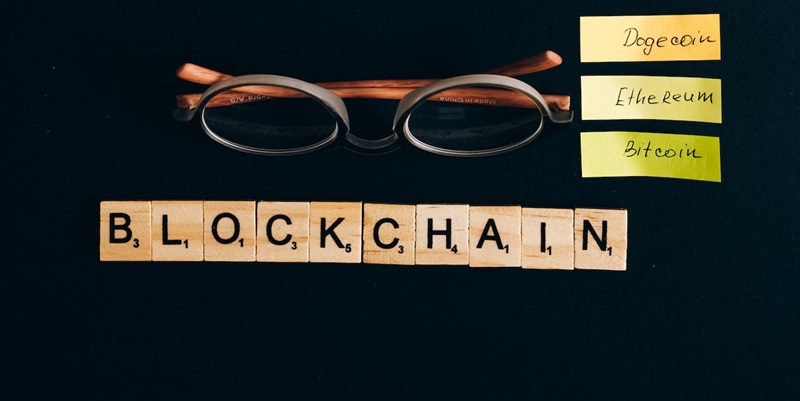In today’s digital age, the issue of counterfeit documents has become a global challenge, affecting various industries and compromising trust. From fake diplomas to forged certificates, the implications of counterfeit documents can be severe. Recognizing the need for a secure and reliable solution, a blockchain platform has emerged, aiming to transform document verification by leveraging the inherent features of blockchain technology.
Advantages of Blockchain in Document Verification
Blockchain’s decentralized and immutable nature makes it an ideal platform for secure certification processes. One of the critical challenges in document verification is the rampant fraud and tampering that occur. Blockchain tackles these challenges by providing a secure and transparent environment that is resistant to manipulation. Immutable records on the blockchain ensure that once a certificate is generated, it cannot be altered or tampered with, thus enhancing trust and credibility.
Creation of Digital Certificates on Blockchain
The blockchain platform enables users to create time-stamped digital certificates on-chain, ensuring accuracy and credibility. By utilizing cryptographic mechanisms, these certificates can be linked to a specific individual, organization, or artifact, ensuring the authenticity of the documentation. The decentralized nature of the blockchain eliminates the need for centralized authorities, reducing bureaucracy and improving efficiency in the certification process.
Permanence and Transparency of Certificates on the Blockchain
Once a certificate is generated, it is permanently recorded on the blockchain, providing a transparent and unalterable history. This ensures that the entire lifecycle of a document is securely stored and can be accessed by authorized individuals or organizations at any point in time. The transparency of the blockchain also allows for seamless verification, reducing the time and effort required for manual document checks.
Utilization of NFC Technology in Certification
To further enhance the certification process, the blockchain platform known as KaliCertif incorporates Near Field Communication (NFC) technology. This technology ensures the proper certification of high-value products and artworks by marking any tampering with the chip as a corrupted product. By combining the immutability of blockchain with the tamper-proof nature of NFC, KaliCertif elevates the level of security in document verification.
Enhanced Security and Integrity with Decentralized Data Storage
One of the significant advantages of using blockchain for document certification is decentralized data storage. Traditional centralized databases are vulnerable to cyberattacks and data breaches, which can compromise the integrity and security of certification data. By distributing the data across multiple nodes in a blockchain network, KaliCertif enhances security and mitigates the risk of unauthorized access or manipulation.
Seamless Adoption and Integration with KaliCertif’s API
KaliCertif provides an Application Programming Interface (API) that facilitates seamless adoption and integration into various business workflows and processes. This API allows organizations to integrate the blockchain platform with their existing systems, thereby enhancing operational efficiency and security. Whether it is verifying the authenticity of educational diplomas or confirming the origin of luxury goods, KaliCertif’s API streamlines the certification process.
Collaboration and Versatility of KaliCertif
The versatility of KaliCertif is evident in its collaborations across diverse industries. From transportation companies using the platform for container traceability to universities adopting it for diploma certification, KaliCertif has proven its adaptability and efficacy. These collaborations demonstrate the platform’s ability to cater to different sectors and address their specific certification needs.
Future Plans and Exploration of New Sectors
Looking ahead, KaliCertif plans to continually enhance its features, security protocols, and user experience. This includes exploring opportunities in sectors like luxury goods and pharmaceuticals, where document verification is crucial. By expanding its capabilities and addressing the unique challenges of these industries, KaliCertif aims to revolutionize certification processes and provide enhanced security and trust.
The decentralized, transparent, and immutable nature of blockchain technology is revolutionizing how we approach document verification and certification. By leveraging blockchain’s inherent features, KaliCertif addresses critical challenges related to fraud, tampering, and trust. With its secure and reliable platform, KaliCertif is paving the way for a future where counterfeit documents become a thing of the past. As organizations and industries embrace this transformative technology, the integrity and credibility of certificates and documents will be safeguarded, creating a more secure and trustworthy ecosystem.

